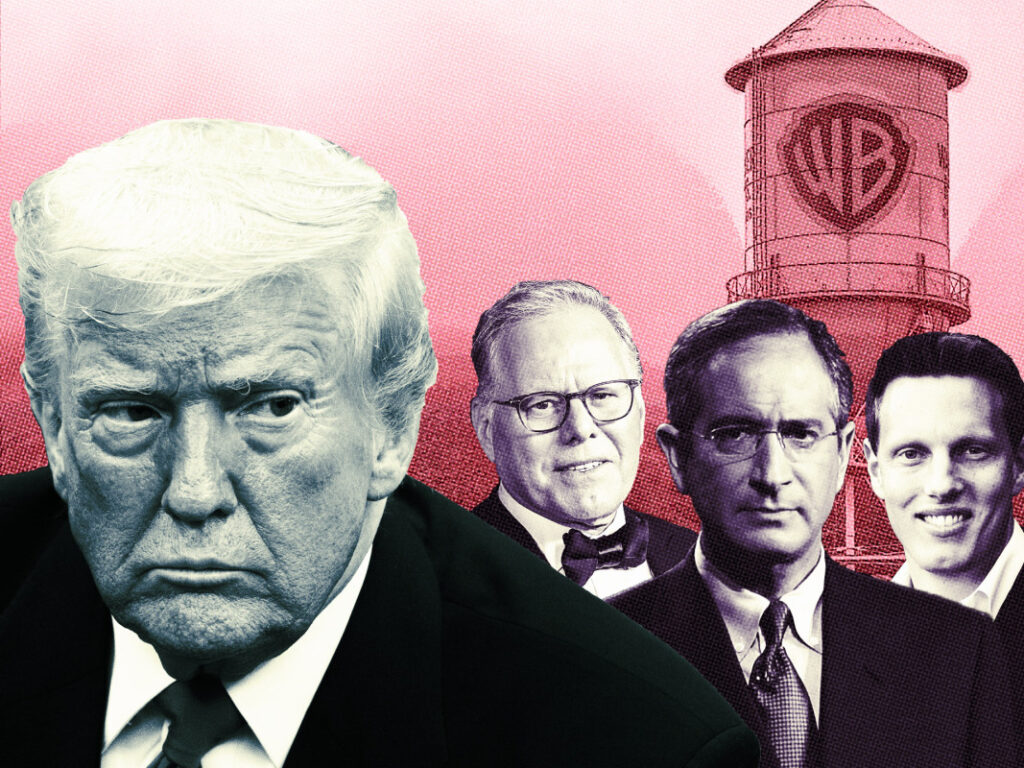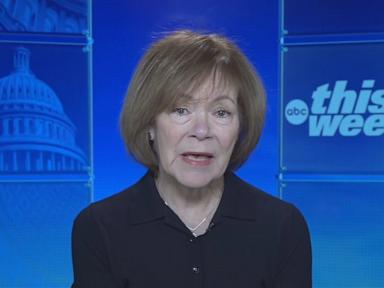
UPDATE: The bidding war for Warner Bros. Discovery (WBD) heats up as Paramount, Comcast, and Netflix prepare to submit their first-round offers by Thursday, November 20, 2023. This fast-developing situation has become increasingly complex due to political influences and high-stakes financial backers.
The acquisition process is now a gripping contest involving not only media giants but also unexpected political players, including Donald Trump and significant Saudi investment. As these bidders make their case, it’s clear that the stakes couldn’t be higher for the future of this media powerhouse.
Warner Bros. Discovery is a colossal entity, featuring renowned platforms like HBO and vast film assets such as the Harry Potter and DC Extended Universe franchises, valued at over $34.5 billion and $7.63 billion, respectively. With such significant assets in play, each bidder must present a compelling strategy that navigates not only corporate interests but also political landscapes.
In a key move, David Zaslav, CEO of WBD, has recently amended his compensation package to safeguard his financial interests during this high-stakes process. This decision has raised eyebrows, indicating the lengths to which executives will go amid looming uncertainties.
Adding to the drama, David Ellison, CEO of Paramount, is leveraging powerful backing from both his father, Larry Ellison, and Donald Trump, who has expressed support for Ellison’s bid. This backing comes at a time when Paramount aims to differentiate itself from competitors by proposing a comprehensive acquisition strategy that includes retaining Zaslav in a significant role.
As reported by AOL, the involvement of political figures like Congressman Darrell Issa and Senate Republicans has intensified the scrutiny surrounding potential acquisitions. Their concerns stem from fears of monopolistic practices should either Netflix or Comcast secure the deal. A letter from Senator Robert Marshall articulated these antitrust worries, emphasizing that a Netflix-WBD merger could trigger significant regulatory hurdles.
Meanwhile, Comcast, supported by the Saudi Public Investment Fund, has its eyes set on acquiring WBD’s film and streaming assets, distancing itself from traditional cable networks to mitigate regulatory concerns. This development raises questions about the influence of foreign investment in Hollywood, especially given the controversial backdrop of Saudi relations.
As the November 20 deadline looms, each bidder is ramping up efforts to sway WBD’s board in their favor. The implications of this deal extend beyond the media landscape; they could redefine content creation and distribution in an era increasingly dominated by tech giants like Amazon.
What happens next is crucial; as the first-round bids are submitted, the pressure mounts for each suitor to articulate a vision that not only appeals to WBD’s legacy but also addresses the growing demands for competition in the media sector.
Stay tuned for updates as this urgent situation unfolds, with the future of Warner Bros. Discovery hanging in the balance.






